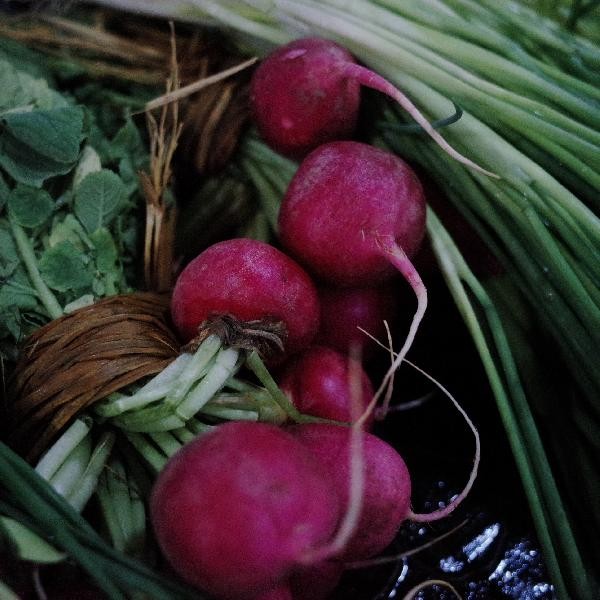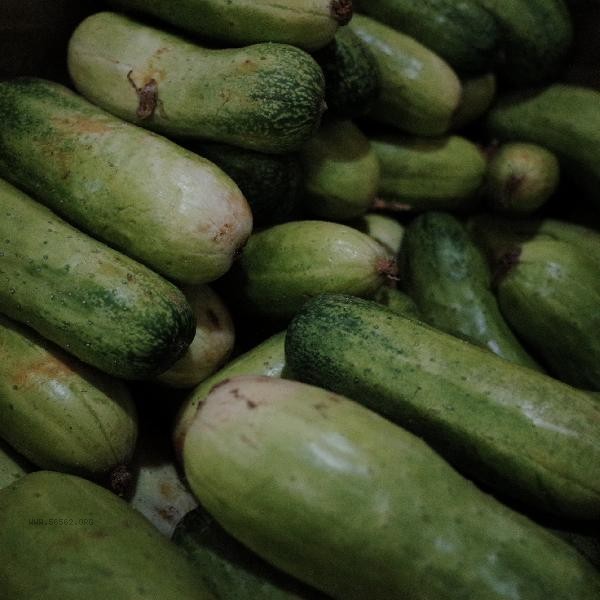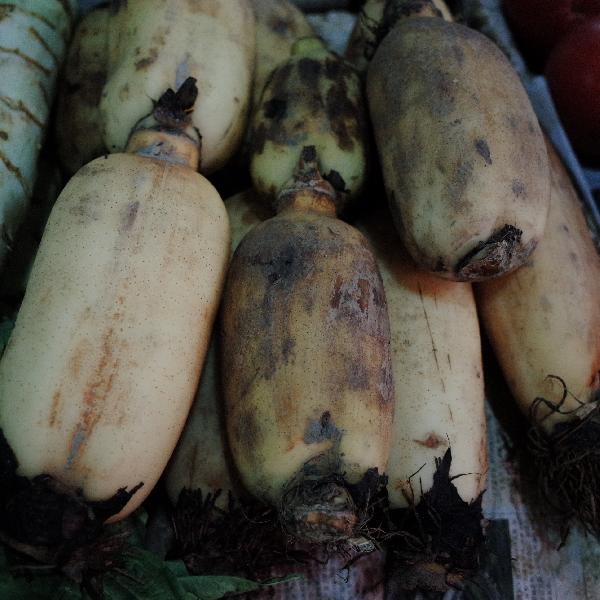Common root vegetables include potatoes, sweet potatoes, carrots, yams, taro, etc. These vegetables are rich in starch, dietary fiber, and various minerals, making them suitable for consumption as staple food or side dishes.

1. Potatoes
Potatoes are rich in carbohydrates and vitamin C, with a high potassium content that helps maintain electrolyte balance. There are various cooking methods, such as steaming, stewing soup, or making mashed potatoes. However, sprouted or green potatoes contain solanine and should be avoided from consumption.
2. Sweet potato
Sweet potato is rich in dietary fiber and carotene, and its glycemic index is lower than that of common staple food. It is suitable for diabetes patients to eat moderately. Baking or steaming can retain more nutrients and avoid frying to reduce oil intake.
3. Carrots
The beta carotene in carrots can be converted into vitamin A in the body, which is beneficial for visual health. It is recommended to use oil for cooking to promote the absorption of fat soluble nutrients. When eating raw, chew thoroughly to break down the cell wall and release nutrients.

4. Yam
Yam contains mucin protein and amylase, which have a protective effect on the gastrointestinal mucosa. After cutting open fresh yam, the mucus may cause itching on the skin. Gloves can be worn when handling. It is suitable for making soup or desserts. diabetes patients need to control their intake.
5. Taro
Taro starch granules are small and easy to digest, suitable for people with weak digestive function. Containing calcium oxalate crystals, raw food may irritate the mouth, so it must be thoroughly cooked. Stewing with meat can enhance its flavor, but those with high uric acid should consume it in moderation.

It is recommended to diversify the combination of root vegetables and rotate different types every week to obtain comprehensive nutrition. When cooking, prioritize low-temperature methods such as steaming and boiling to avoid damaging nutrients through high-temperature frying. Special groups such as diabetes patients need to pay attention to controlling the intake, and those with abnormal renal function should consult the doctor for advice on the consumption of high potassium vegetables. Keep dry and ventilated during storage. Root vegetables that have sprouted or moldy should be discarded.









Comments (0)
Leave a Comment
No comments yet
Be the first to share your thoughts!